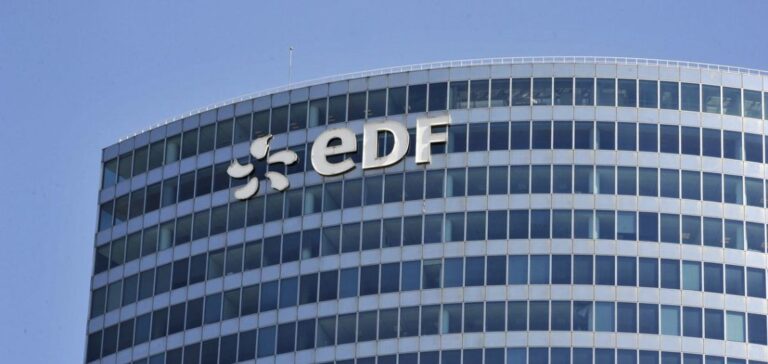EDF has announced the signing of nine letters of intent with industrial companies with high energy consumption, paving the way for long-term electricity supply contracts. These agreements cover an annual volume of more than 12 terawatt-hours (TWh) and are backed by EDF’s nuclear fleet. One of these agreements has already been formalised into a firm contract.
Innovative contracts for electro-intensive industries
The initiative, launched in late 2023, offers electro-intensive industries, such as steelmaking, glass manufacturing, and chemicals, “nuclear production allocation contracts” (CAPN) lasting more than ten years. These contracts provide a preferential rate in exchange for a shared risk on the operation of EDF’s nuclear fleet.
EDF estimates the potential for these contracts at 20 TWh per year, representing half of the annual consumption of the 150 most energy-intensive companies, estimated at 40 TWh. EDF Chairman and CEO Luc Rémont expressed confidence in the imminent finalisation of these discussions during the group’s annual results presentation.
End of regulated tariff and competitiveness challenges
Currently, these industries benefit from the regulated nuclear electricity tariff (Arenh), which will end in 2025. This deadline has raised concerns among industrial players, who seek long-term visibility for their electricity supply, a crucial component of their production costs.
However, complex negotiations with EDF have been reported, with some industrialists arguing that the prices proposed are too high to maintain their competitiveness. Guillaume de Goÿs, Chairman and CEO of Aluminium Dunkerque, pointed out that competing regions, such as the Middle East and Norway, benefit from significantly lower energy costs, posing a challenge for French companies.
Additional contracts for businesses and local authorities
Meanwhile, EDF has announced the signing of 6,000 medium-term supply contracts, amounting to approximately 22 TWh for 2028 and 12 TWh for 2029, primarily with businesses and local authorities. These agreements align with EDF’s strategy to secure its clients’ energy supply while supporting the energy transition.






















